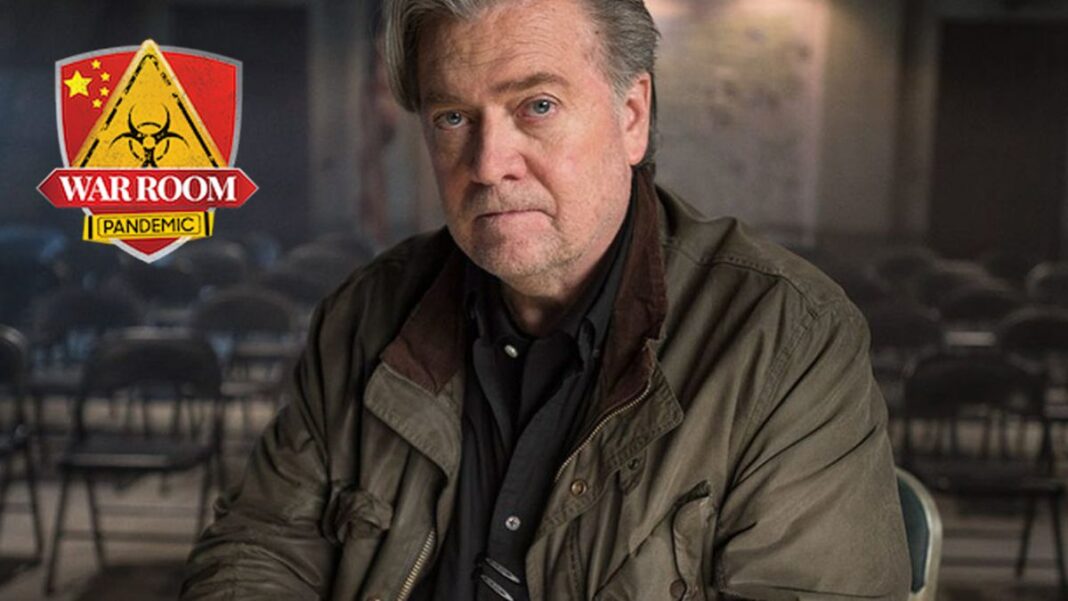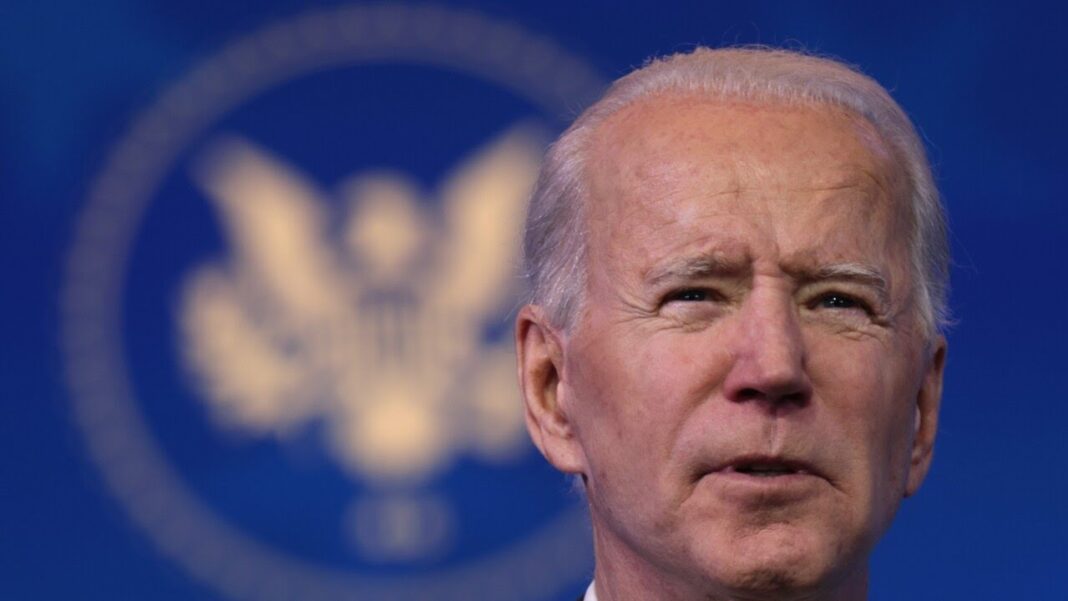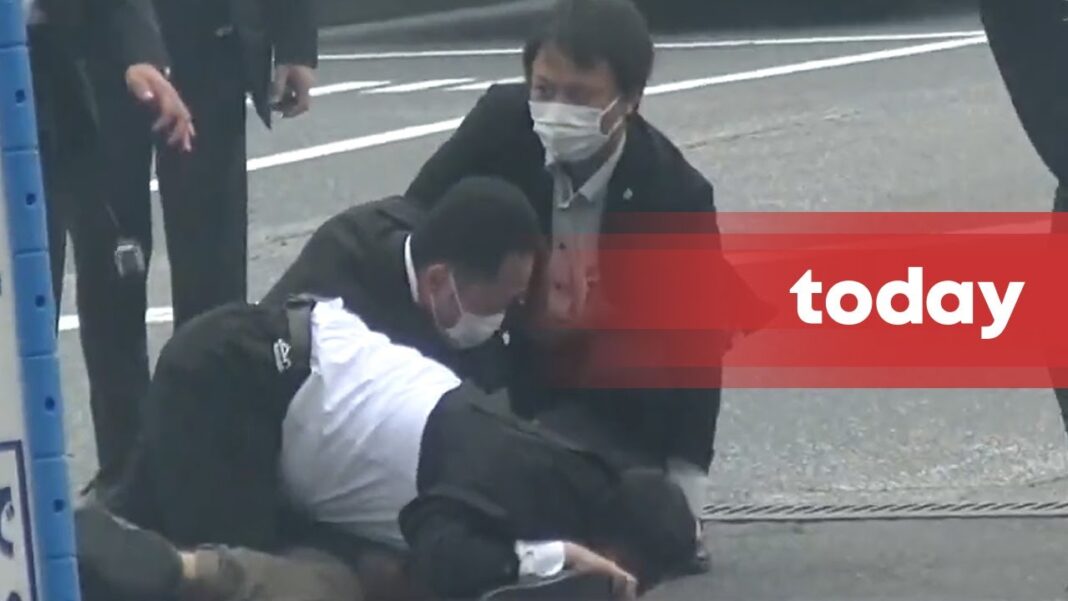A federal judge on July 11 declined Steve Bannon’s request to delay his contempt of Congress trial, dismissing the former Trump adviser’s reasoning that publicity around the closely-watched trial would make it difficult for a jury to be impartial.
“I see no reason for extending this case any longer,” said U.S. District Judge Carl Nichols, after an hours-long hearing in federal court. He would reconsider granting a delay only if it proves impossible to select an unbiased jury, he said.
The Trump-appointed judge at the hearing dealt Bannon a series of setbacks as the latter prepares to face the July 18 trial, for criminal contempt charges for defying a House Jan. 6 Committee subpoena last fall.
Bannon was barred by Nichols from asserting multiple defenses, including his request to raise executive privilege and to subpoena House Speaker Nancy Pelosi (D-Calif.) and several other members of the Jan. 6 panel.
Bannon’s lawyers would also not be able to argue that the House committee violated rules in summoning Bannon to the stand. Instead, the Bannon team’s defenses are limited mainly to whether Bannon understood or was able to meet the deadlines for the House committee demands.
Nichols’ rulings left one of Bannon’s attorneys to question whether the 68-year-old could defend himself at all.
“What’s the point of going to trial here if there are no defenses?” David Schoen, a lawyer representing Bannon, asked in frustration as he sought clarification from Nichols.
To which Nichols answered: “Agreed.”
Bannon didn’t appear at the court hearing. Speaking to reporters later outside the courthouse, Schoen indicated that they would appeal.
“He’s the judge,” he said of Nichols. “That’s why they have a court of appeals.”
‘Eleventh Hour Efforts’
Nichols’ ruling came one day after Bannon agreed to testify in public before the Jan. 6 Committee after receiving a letter from former President Donald Trump waiving executive privilege over Bannon’s testimony.
By Eva Fu







